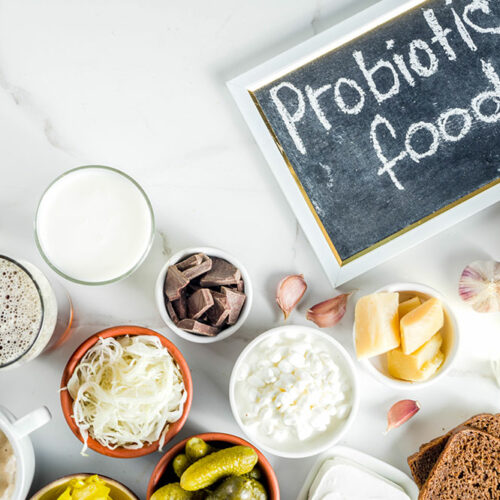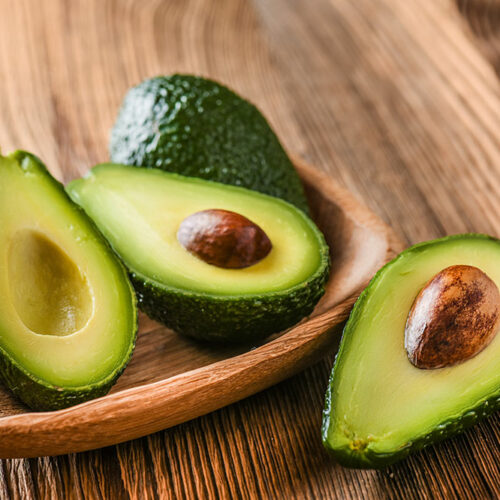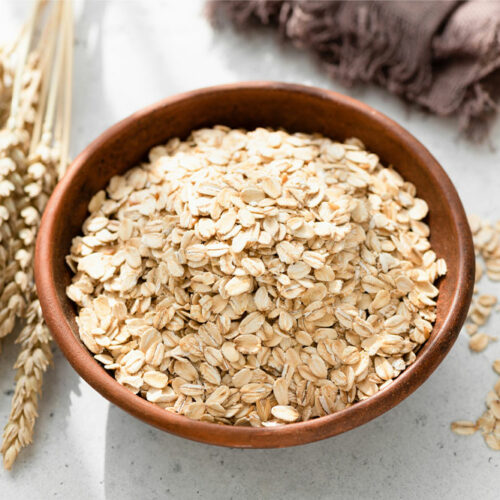6 food items that worsen MAC lung disease

Mycobacterium Avium Complex (MAC) is a rare lung disease that leads to symptoms like persistent cough, fatigue, and respiratory distress. People with COPD or lung damage are more susceptible to this health condition. The main factors contributing to the disease are bacterial infections and compromised immune systems. However, recent studies increasingly recognize the potential influence of food choices on either alleviating or worsening the symptoms and progression of MAC lung disease. Foods to avoid for MAC lung disease Salty snacks Salty snacks, such as pretzels and potato chips, are particularly concerning for individuals with MAC lung disease. These snacks often contain high sodium levels, elevating blood pressure and fluid retention. Such symptoms can worsen respiratory distress and discomfort. Instead of indulging in salty snacks, individuals with MAC lung disease should opt for healthier alternatives like air-popped popcorn, which is lower in sodium, or raw, unsalted nuts and seeds for a satisfying crunch. One should also avoid packaged snacks, burgers, frozen meals, instant noodles, and processed cheese. Dairy products Milk and dairy products, while excellent sources of calcium and protein, may pose challenges for those with MAC lung disease due to the potential for increased mucus production. This excess mucus can worsen respiratory symptoms.






